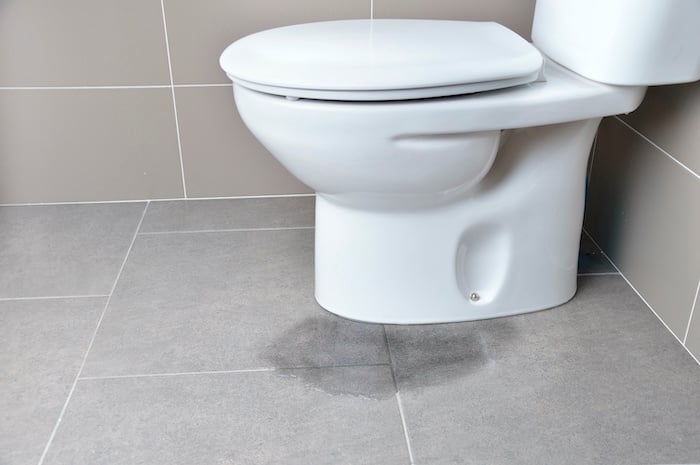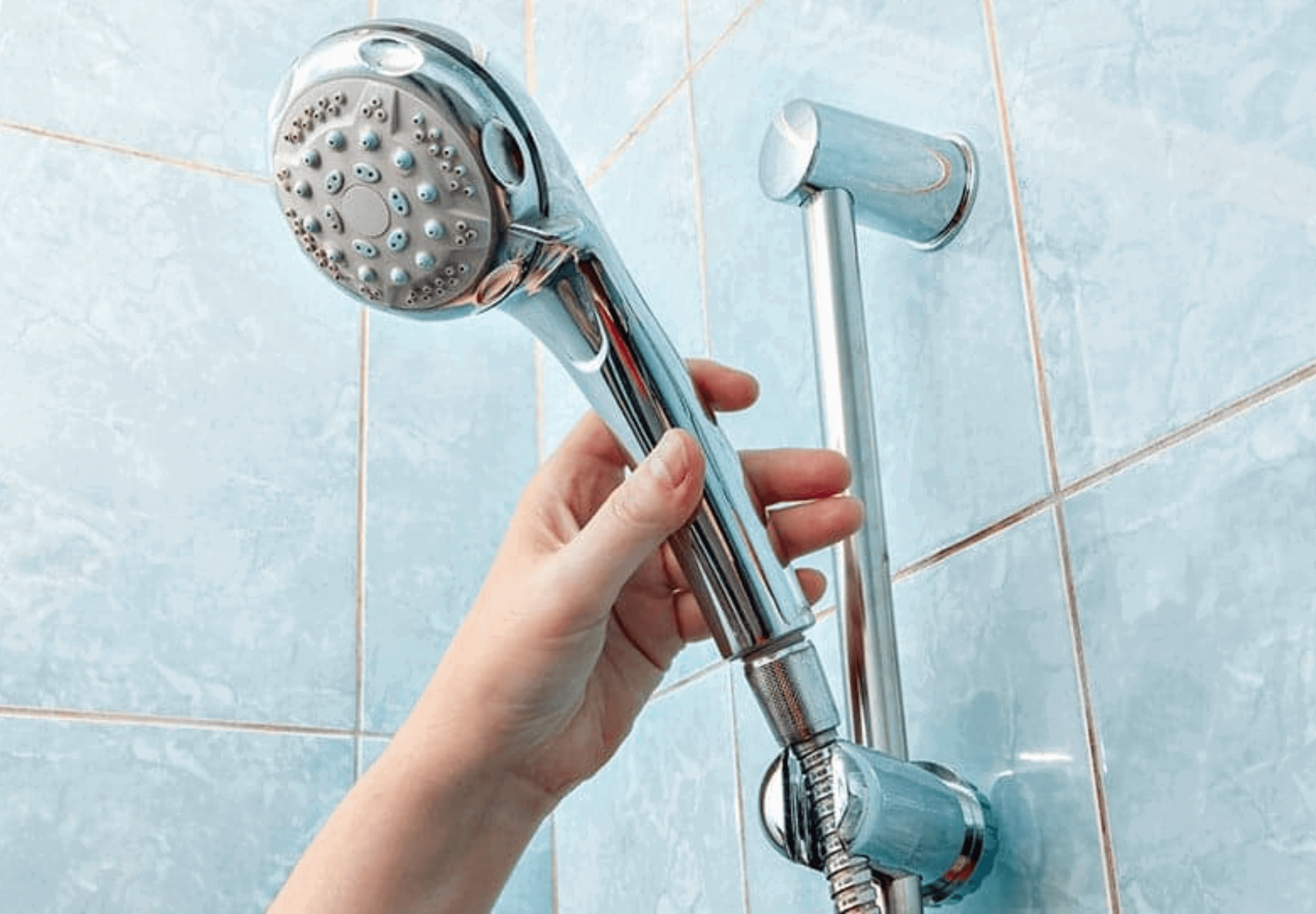What are your thoughts regarding Reasons for Water Heater Leaks?

"Beware of little expenses. A little leak will certainly sink a fantastic ship." - Benjamin Franklin.
He couldn't have been a lot more best since water leaks in our houses cause a waste of resources, boosting our water costs. Although this increase could seem negligible initially, it can lead to considerable costs that can break your bank. Other than an increase in bills, water leaks also cause undesirable natural development, structural damage, as well as also electrical risks.
Figuring out if you have a water leakage isn't constantly simple due to being unable to see the majority of the pipework in your home. If you have had a boost in your water costs lately, saw water discolorations on wall surfaces and ceilings, smelt poor odor, etc. You may wish to think about asking for plumbing solutions to get it checked out.
There are several reasons for water leaks, and we have actually compiled the common factors listed below. Check to see if you have actually had related concerns in your house lately.
Obstructed drains
Food particles, dust, as well as oil can cause stopped up drains and obstruct the passage of water in and out of your sink. Enhanced stress within the seamless gutters can finish and cause an overflow up fracturing or bursting pipelines if undealt with. To avoid clogged up drains in your home, we suggest you to stay clear of pouring particles down the tubes as well as routine cleaning of sinks.
High water stress
You saw your house water stress is greater than common but then, why should you care? It runs out your control.
It would be best if you cared because your average water stress need to be 60 Psi (per square inch) and also although your home's plumbing system is designed to stand up to 80 Psi. An increase in water pressure can put a strain on your home pipes and also lead to cracks, or worse, ruptured pipelines. Obtain in touch with a specialist concerning regulating it if you ever discover that your home water pressure is higher than common.
Rust
As your pipework ages, it gets weak and also a lot more prone to rust after the constant passage of water through them, which can eat away at pipes and also trigger cracks. A noticeable indicator of rust in your house plumbing system is staining and also although this could be difficult to identify as a result of many pipelines hidden away. Once they are old to make sure an audio plumbing system, we advise doing a frequent checkup every couple of years and alter pipelines
Weakened pipe joints
Pipe joints are the parts of our plumbing system where the pipelines attach. They are the weakest factor of our plumbing system. Therefore, they are extra at risk to wear and tear. It is vital to keep in mind that despite the fact that pipelines are designed to stand up to stress as well as last for some time, they weren't developed to last forever; therefore, they would certainly degrade gradually. This wear and tear might bring about splits in plumbing systems. A typical indication of harmed pipeline joints is excessive noise from faucets.
Damaged seals
One more reason for water leakages in homes is broken seals of home appliances that utilize water, e.g., a dishwashing machine. When such appliances are installed, seals are mounted around water connectors for easy flow of water with the maker. A broken seal can create leakage of water when in usage.
With little or no understanding of plumbing, understanding your house's plumbing system adequate to take care of a few of these concerns (without consequence) can be a problem. Connect with plumbing specialists in Pittsburgh, Providence, Rochester, and environ today, and they'll make those problems go away.
He couldn't have actually been a lot more right since water leakages in our homes result in a waste of sources, increasing our water bills. If you have had an increase in your water bills lately, noticed water stains on ceilings and also wall surfaces, scented poor smell, and so on. An increase in water stress can place a stress on your home pipelines and lead to cracks, or worse, burst pipes. An additional cause of water leakages in residences is damaged seals of residence appliances that make use of water, e.g., a dishwashing machine. When such devices are set up, seals are set up around water connectors for very easy flow of water through the machine.
5 TIPS IN DETECTING A WATER LEAK IN YOUR HOUSE
Water leaks can be hard to find in your home, yet they can be so common. We rely on water every day in our home, which is why a leak can cause big problems. By detecting them early, you can save money and further damage, getting the problem fixed as soon as possible. Here are 5 tips to help you detect a water leak in your home, so you can contact a plumber straight away and get the issue sorted.
Check your water meter
Many people underestimate the value of the water meter in their home. It can be one of the best ways to tell if you have a leak early on, so you can get on top of it before issues start arising. Start by turning off all the water in your home: taps, washing machine, dishwasher, etc. Now take a look at the meter – if it’s still changing with everything turned off, it’s likely you have a fast-flowing leak that you need to get on top of straight away. If nothing changes, then leave your meter for an hour or two and come back to it. Did it change in this time? It’s likely you have a slower leak, which isn’t as urgent but still handy to get fixed so it doesn’t become a bigger problem.
Keep an eye on your bill
Another good way to detect a leak in your home is by keeping an eye on your water bill. It helps if you have a past bill from the same period of time. You can compare like for like and determine whether your water usage has increased significantly. If it has, there may be a leak in your system that you haven’t picked up before. A professional plumber can check through all of your pipes and determine where it is coming from.
Look for damage
If you have a leak inside your home, you will notice damage over time. Take a look at your showers and bathtubs and note whether any of the tiles surrounding the area seem to be discoloured or damaged in any way. There may be water stains, mould or peeling material that has resulted from a build up of moisture over time. Make sure you take a look under sinks at the back of cupboards that don’t get accessed regularly. This is where damage can go unnoticed and build up over periods of time.

As a devoted person who reads about Where to Find Water Leaks, I imagined sharing that excerpt was a great idea. In case you appreciated our post plz be sure to pass it around. Thanks for going through it.
Plumbing crisis? Reach out!